What is an advance tax?
Advance tax refers to paying a part of your tax liability before the end of the relevant financial to the income tax department. Advance tax is also known as pay-as-you-earn tax. Every taxpayer needs to pay an advance tax if the total tax payable exceeds Rs 10000 in a financial year. For this purpose, the income tax department has specified the due dates for payment of advance tax. Default in payment of this tax leads to interest under section 234B of the income tax act.
Who needs to pay an advance tax?
Every assessee whose total tax liability is more than Rs 10000 after deduction of TDS/ TCS is liable for payment of advance tax. Here, the assessee includes salaried employees, self-employed professionals, self-employed businesses, companies, partnership firms, taxpayers opting for presumptive tax schemes, and so on. However, a resident senior citizen with no income under the head ‘Income From Business and Profession’ is exempt from advance tax. The senior citizen is more than 60 years of age.
Section 234B Interest For Default In Payment Of Advance Tax
Section 234B of income tax act provides for interest in the following cases:
- The taxpayer fails to advance tax even though he/ she was liable to pay. A taxpayer is liable to pay advance tax if the estimated advance tax is Rs 10000 or more.
- The taxpayer pays the advance tax but the amount paid by him/ her is less than 90% of the assessed tax.
- The amount of advance tax paid is reduced only once for computing the interest payable u/s 234B if the taxpayer files an updated ITR. (Inserted with Budget 2023)
Let us understand each scenario with the help of an example
The taxpayer fails to advance tax even though he/ she was liable to pay
Mr. Ajay is an individual who is a salaried employee. His total assessed tax liability for the financial year amount to Rs 23,000. There is no TDS deduction. He has not paid any tax before 31st March. He pays the entire tax liability of Rs 23,000 at the time of filing his income tax return.
He will be liable to pay interest under section 234B of Income Tax Act for the following reasons:
- He was liable to pay advance tax because his total tax payable was more than Rs 10,000 for the financial year
- He did not pay advance tax before the end of the financial year i.e. 31st March
The taxpayer pays the advance tax but the amount paid by him/ her is less than 90% of the assessed tax.
Illustration -1 Payment of more than 90% of tax
The tax liability of Mr. Arun for the financial year is Rs 40,000. He pays Rs 38,000 before 31st March. The balance tax of Rs 2,000 he pays at the time of filing the income tax return.
The percentage of tax paid by Mr. Arun is 95% [(38000/40000)*100]. Mr. Arun has paid 95% of the advance tax which is more than 90%. Hence, interest under section 234B is not applicable.
Illustration -2 Payment of less than 90% of tax
The tax liability of Mr. Amit for the financial year is Rs 60,000. He pays Rs 51,000 before 31st March. The balance tax of Rs 9,000 he pays at the time of filing the income tax return.
The percentage of tax paid by Mr. Arun is 85% [(51000/60000)*100]. The quantum of the advance paid by Mr. Amit is before 31st March is less than 90% of the total assessed tax. Hence, Mr. Amit will be liable to pay interest under section 234B of the income tax act.
Rate Of Interest Under Section 234B Of Income Tax Act
Section 234B provides for interest for default in advance tax payment at a rate of interest of 1% per month or part of the month. The nature of interest is simple interest.
Amount Of Interest Under Section 234B Of Income Tax Act
Interest at the rate of 1% per month or part of a month is levied on the amount of unpaid advance tax. If there is a shortfall in payment of advance tax, then interest is levied on the amount by which advance tax is short paid.
The amount of unpaid advance tax or short payment of advance tax in the following method:
| Particulars | Amount |
| Assessed tax for the financial year | XXX |
| Less: Advance tax paid earlier | XXX |
| Amount of unpaid/ short payment of advance tax | XXX |
Meaning of Assessed Tax
Assessed tax means the total income tax on the taxable income minus the following:
- Tax deducted at source or tax collected at source
- Relief of tax or deduction of tax like section 89, section 90, and so on
- Tax credit under section 115JAA/115JD
Period Of Levy Of Interest Under Section 234B Of Income Tax Act
Interest under section 234B is levied from the first day of the assessment year till the date of a regular assessment or an assessment under section 143(1)
Case-1 Assessee did not pay any tax during the financial year
Mr. Arun has a total tax liability of Rs 30,000 for the financial year 2019-20. He does not have any TDS credit as well. He pays the entire tax amount at the time of filing the income tax return i.e. 27th June 2020.
He is liable to pay advance tax since the total tax amount exceeds Rs 10000 for the financial year. The interest leviable under section 234B will be calculated for three months i.e April, May, and June being part of the month. The interest amount will be Rs 900 (Rs 30000 * 1% * 3).
Case-2 Assessee pays advance tax less than 90%
Mr. Ajay has a total tax liability of Rs 50,000 for the financial year 2019-20. He pays Rs 42,500 on 27th March 2020. The rest of the tax amounting to Rs 7500 is paid by him at the time of filing the income tax return i.e. 27th June 2020.
Here, we need first to check whether the tax paid by the assessee on 27th June 2020 amounts to 90% of the assessed tax of Rs 50,000. Here, 90% of assessed tax liability is Rs 45,000 (Rs 50,000 * 90%). Since the taxpayer pays less than 90% of the total tax liability, he will have to pay interest under sec 234B. The interest will be leviable under section 234B for three months i.e April, May, and June being part of the month. The interest amount will be assessed tax – advance tax paid * 1% * 3 months i.e Rs 225 (Rs 50000 – Rs 42500 * 1% * 3).
Case-3 Assessee pays advance tax less than 90% and has a tax credit
Mr. Ajay has a total tax liability of Rs 1,70,000 for the financial year 2019-20. The total TDS deducted from his income during the year was Rs 1,12,000. He pays Rs 30,000 on 27th March 2020. He pays the balance tax of Rs 28,000 at the time of filing the income tax return i.e. 27th June 2020.
We must first check whether Mr. Ajay needs to pay advance tax or not. Firstly, we need to calculate the assessed tax. Here, assessed tax = total tax of Rs 1,70,000 minus TDS of Rs 1,12,000 i.e. Rs 58,000. Mr. Ajay should have paid at least 90% of the assessed tax i.e 90% of Rs 58,000 = Rs 52,200 before 31st March. However, he paid only Rs 30,000. He is liable to pay interest under section 234B.
Section 234B Interest payable = (assessed tax – advance tax) * 1% * 3 months
= (Rs 58,000 – Rs 30,000) * 1% * 3 months
= Rs 840
Popular Income Tax Sections
Related Articles
- What is an advance tax?
- Who needs to pay an advance tax?
- Section 234B Interest For Default In Payment Of Advance Tax
- Rate Of Interest Under Section 234B Of Income Tax Act
- Amount Of Interest Under Section 234B Of Income Tax Act
- Meaning of Assessed Tax
- Period Of Levy Of Interest Under Section 234B Of Income Tax Act
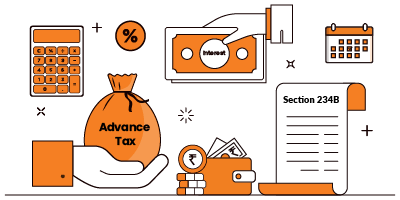





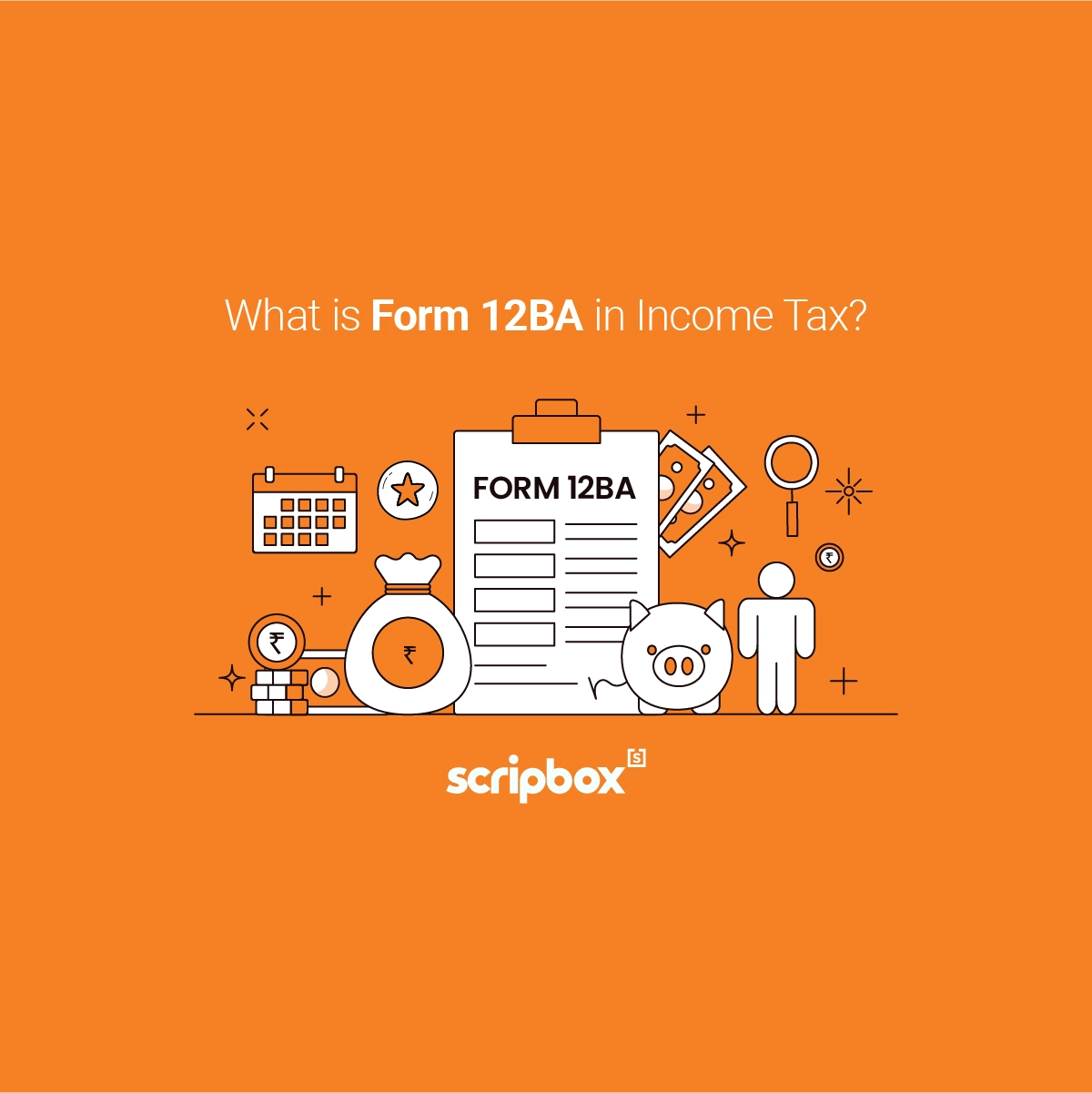
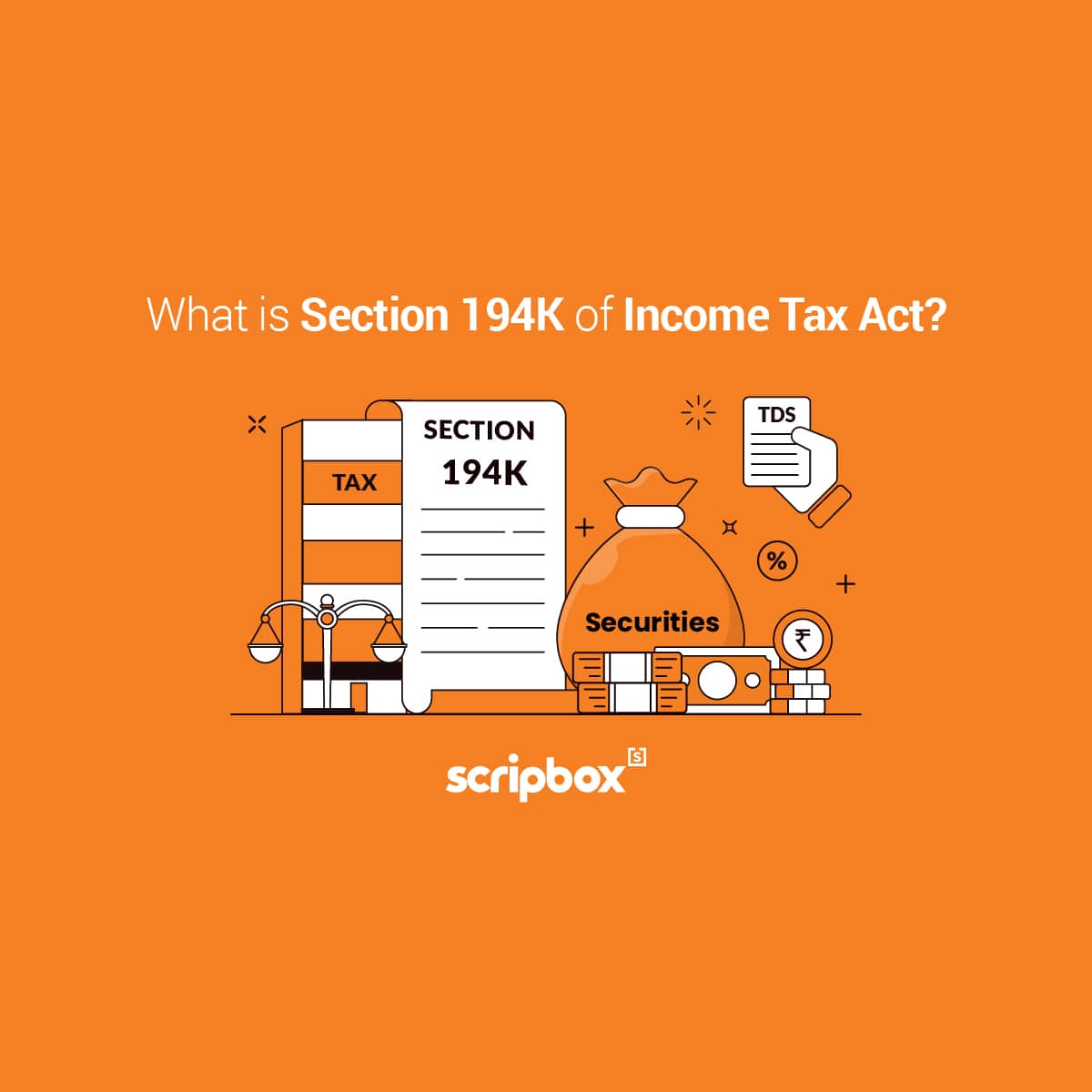
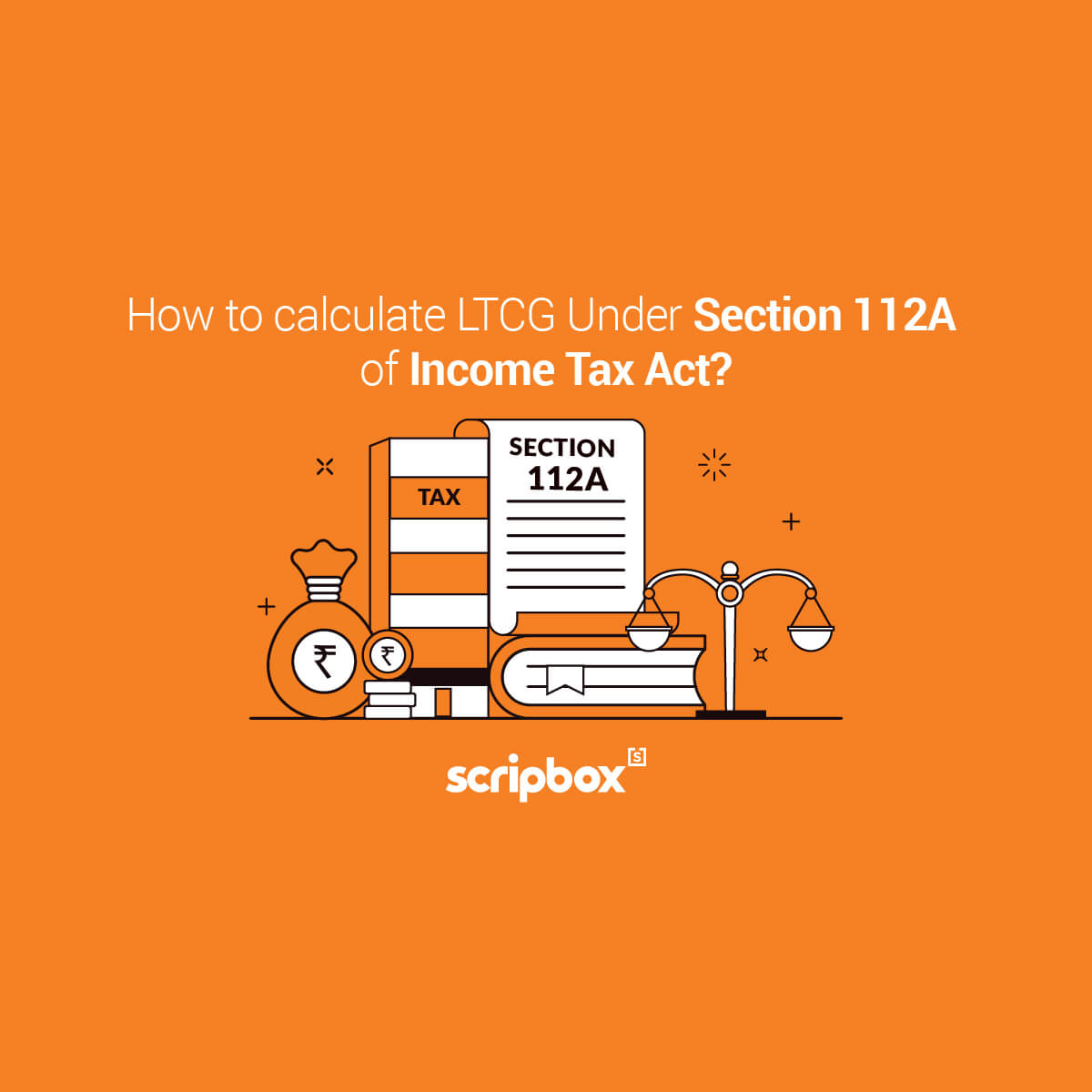
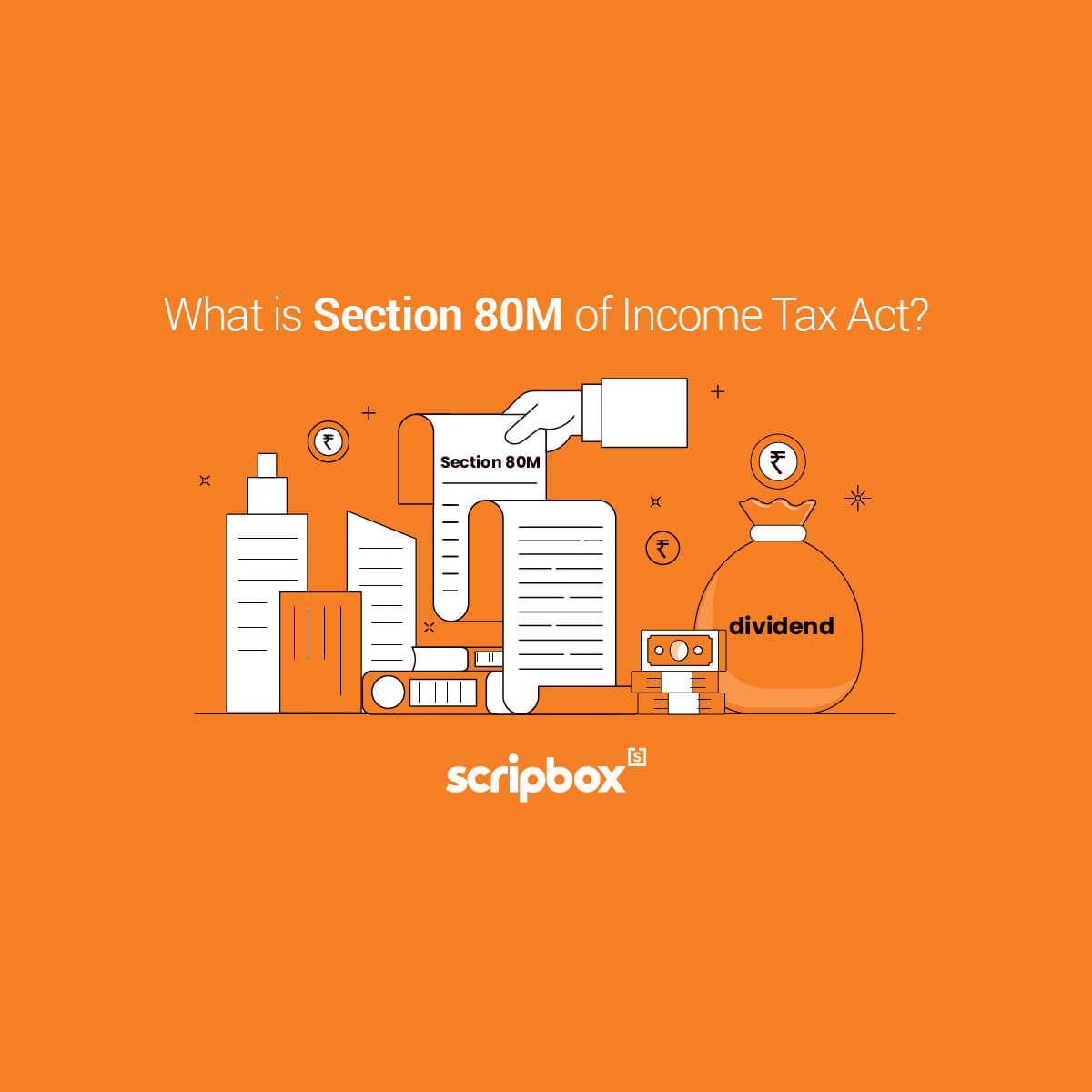
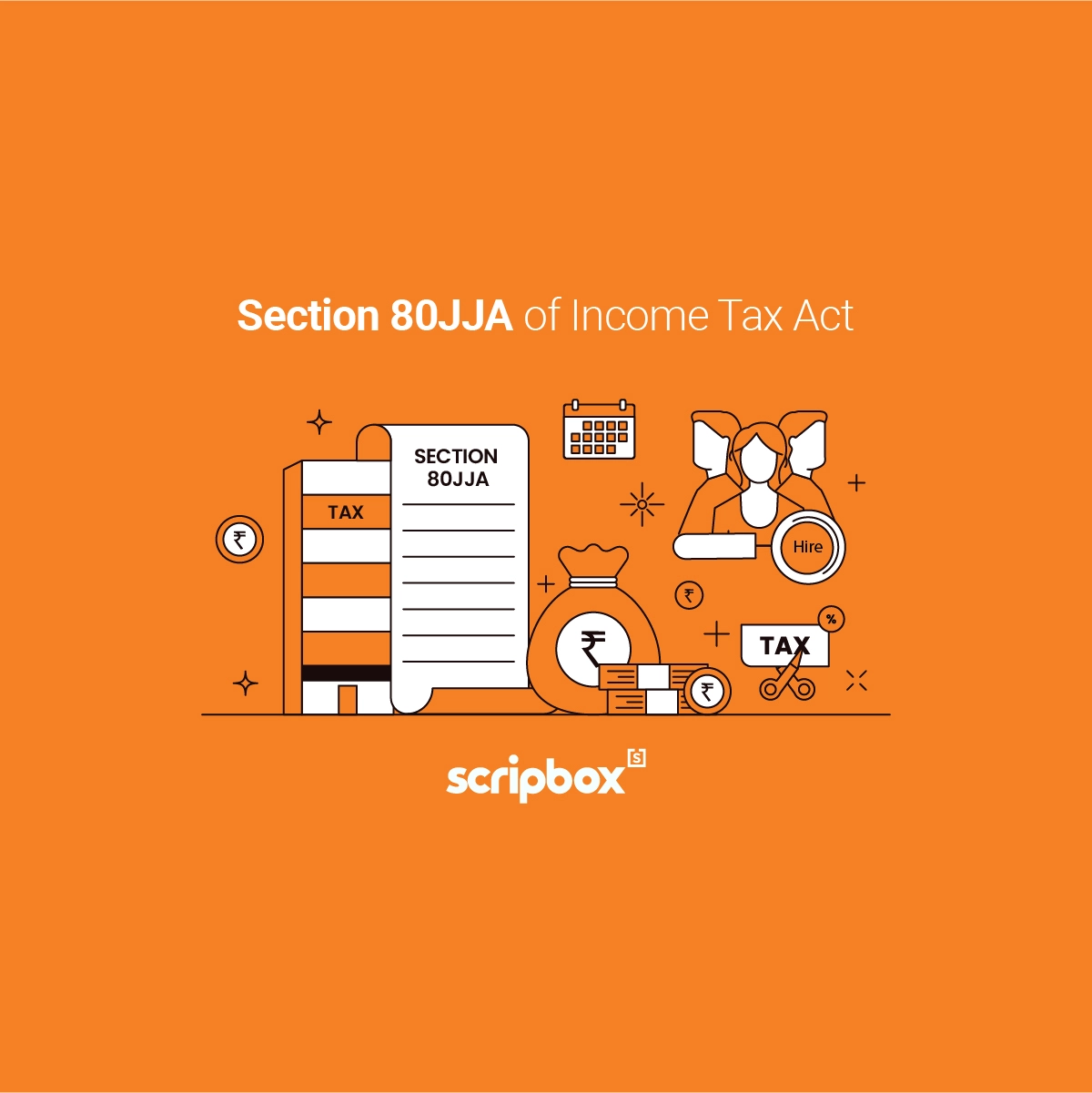
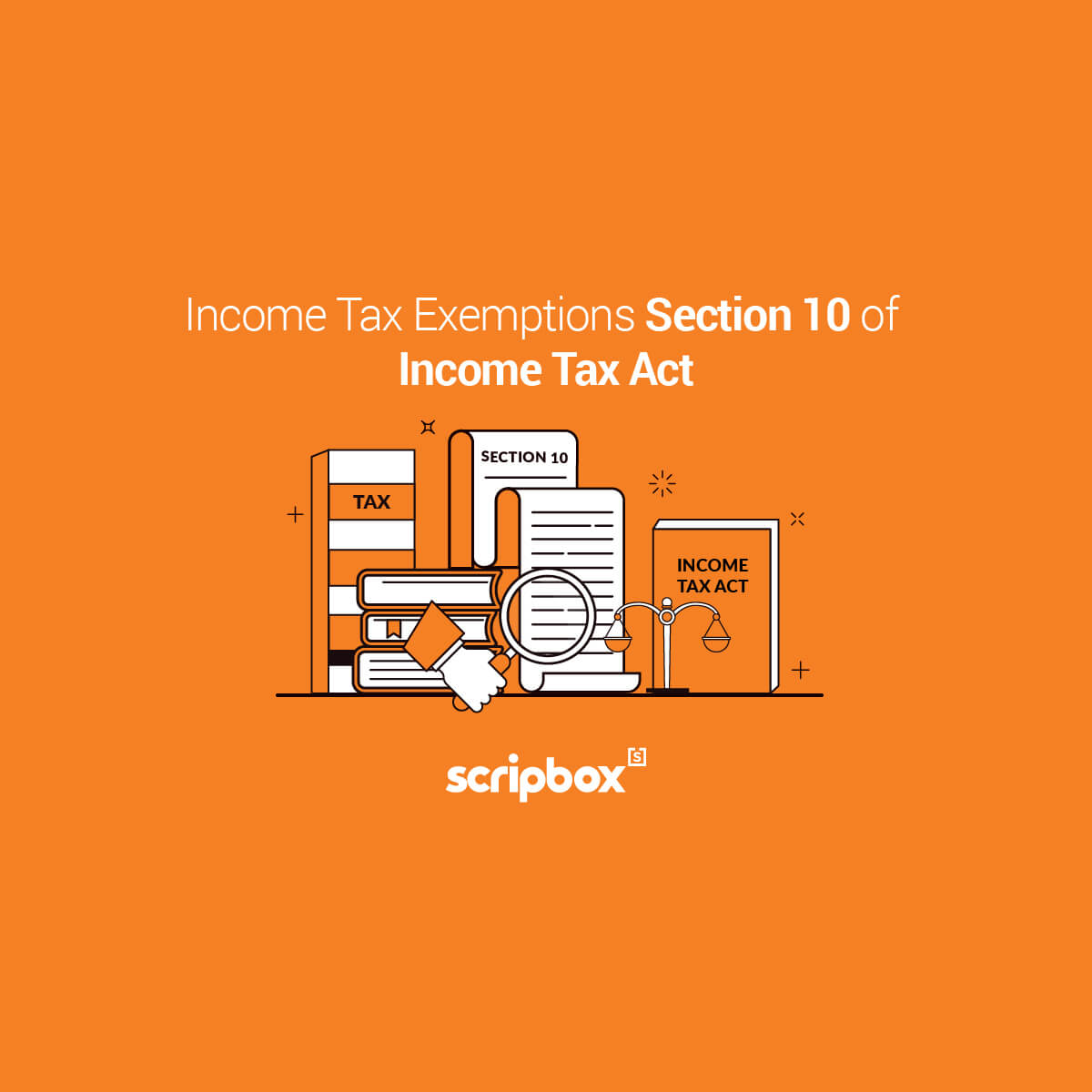






Show comments